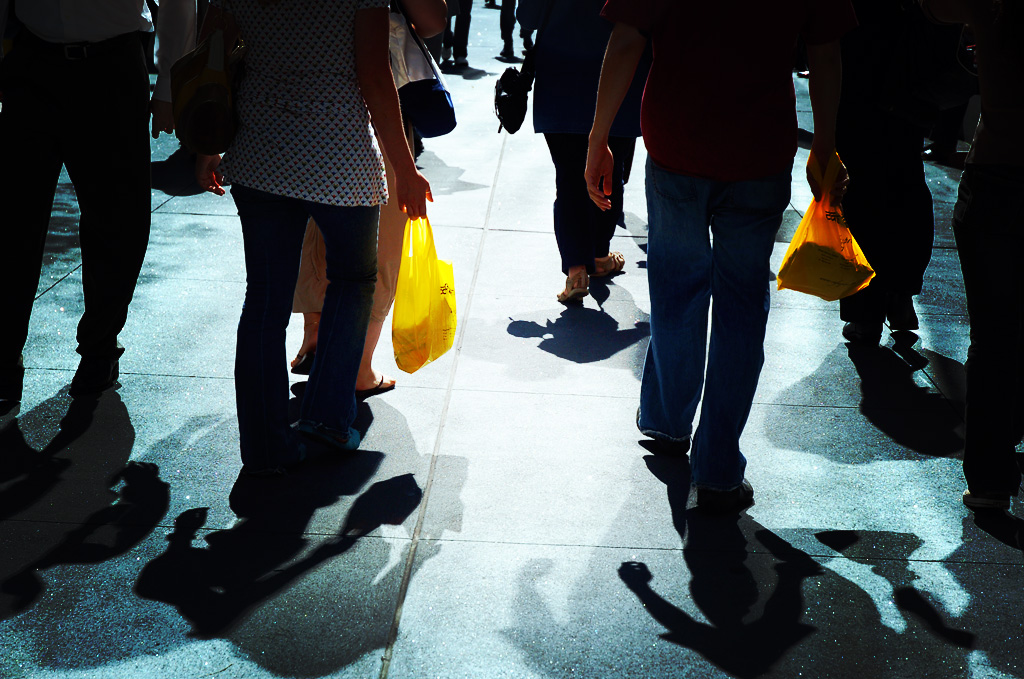Every year around 100 billion plastic bags are manufactured, sold and used on the European market. In 2010, there was 200 plastic bags for each person living in Europe. As one can imagine, many of these plastic bags end up as litter in nature where they pollute the environment, especially aquatic ecosystems, and harm wildlife. But this past Tuesday, the European Union moved one step closer to reduce the use of plastic bags in Europe.
It was the European Parliament which voted in favor of a proposal from the European Commission to reduce the consumption of lightweight plastic bags by half in 2017 and by 80 percent in 2019, compared to 2010 levels. It’s hoped that the so-called light bags, which are mainly used to wrap up loose food, will gradually be replaced by biodegradable and compostable bags by 2019 in Europe. The vote, however, was just the first reading of the bill and the future of this legislation will be decided on after the upcoming European Parliament elections at the end of May.
“MEPs have today voted to significantly strengthen draft EU rules aimed at reducing plastic bag use and waste, notably to include obligatory European reduction targets and a requirement that plastic bags come at a cost,” said Margrete Auken, a Danish MEP who is a member of the Green group, shortly after the vote. “As front-running countries have demonstrated, dramatically reducing the consumption of these disposable bags is easily achievable with a coherent policy.”
This reduction could be achieved by imposing taxes or fees on plastic bags, issuing advertising rules or even banning the use of plastic bags in certain shops. But it will be up to each member state to enforce their own rules and guidelines. This legislation advocates for a mandatory charging of carrier bags in the food sector and a recommendation to charge for plastic bags in the non-food sector.
“The huge and growing consumption rates of plastic bags - 100 billion bags per year in the EU alone - demonstrates a reckless waste of resources. Plastic bags are a symbol of our throw-away society and unsustainable lifestyles,” said the European Commissioner for Environment Janez Potocnik in a statement.
“We use them for a few minutes, but their legacy lasts for hundreds of years, often as harmful microscopic particles that are damaging the environment worldwide, especially the marine environment. In the North Sea, the stomachs of 94 percent of all birds contain plastic,” Potocnik added.



Recommended Comments
Join the conversation
You can post now and register later. If you have an account, sign in now to post with your account.